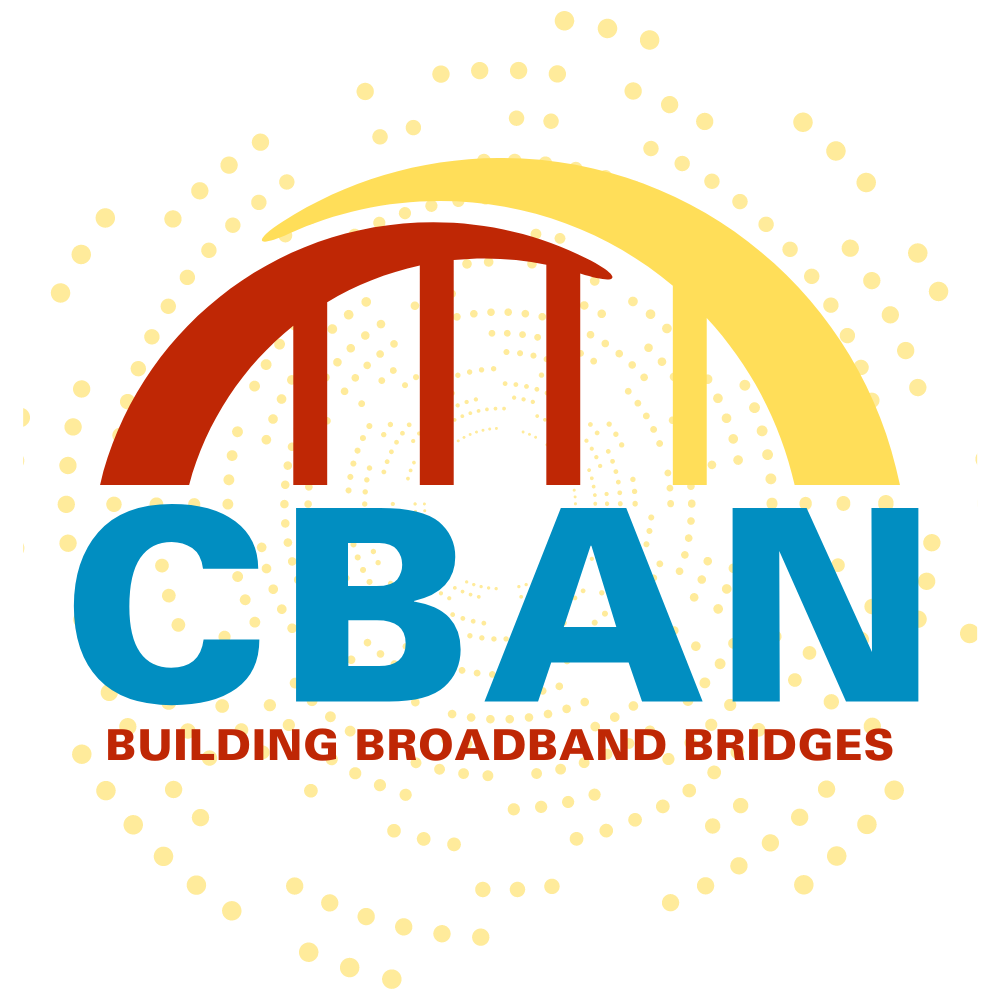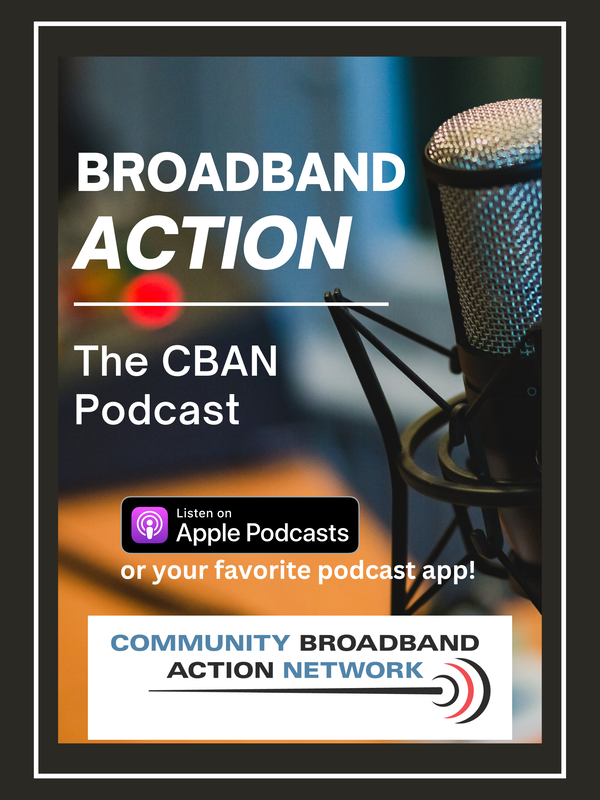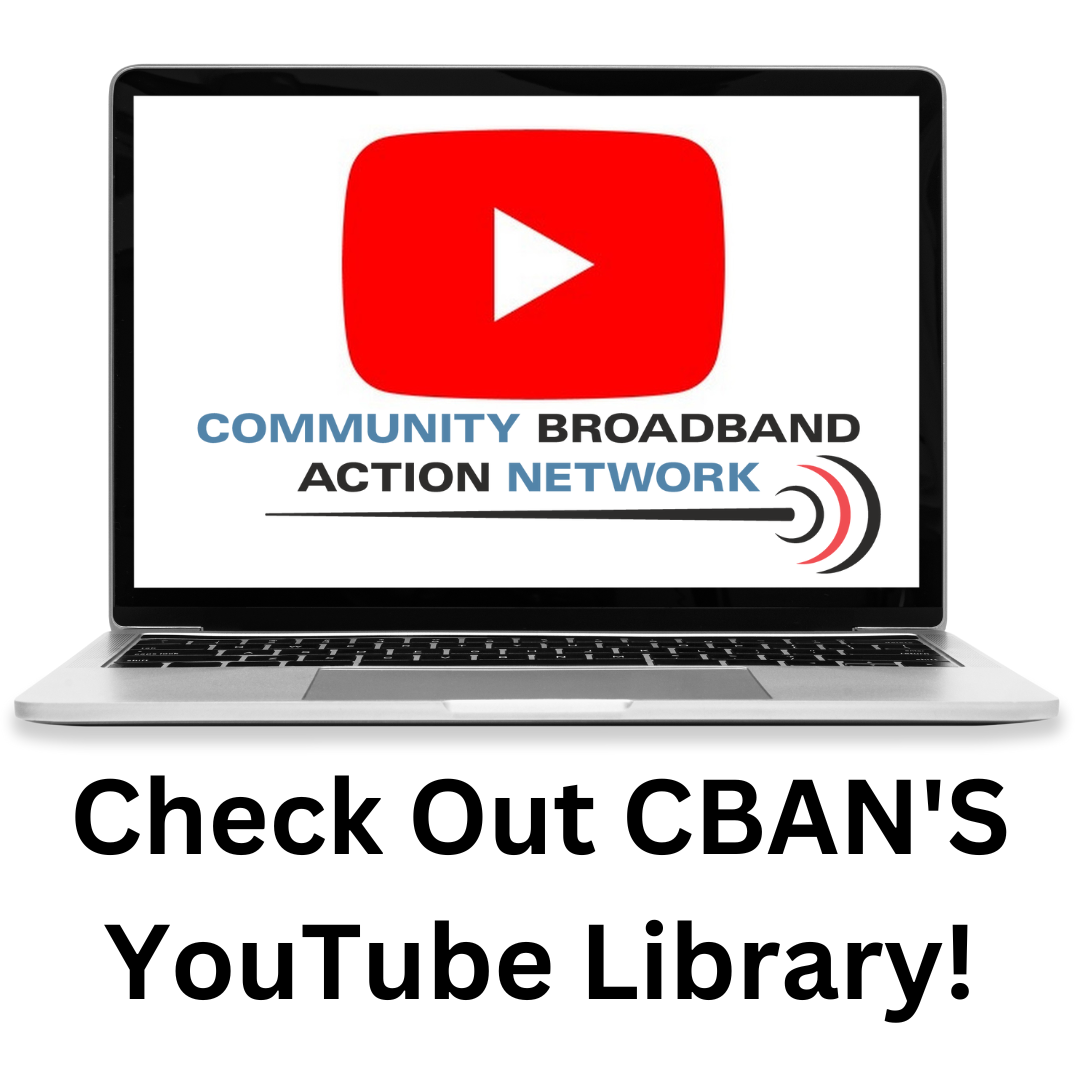|
Applications are due September 23, 2024 The NTIA Digital Equity Competitive Grant Program released a Notice of Funding Opportunity (NOFO) today (July 24, 2024). This program is part of the broader Digital Equity Act, which allocates $2.75 billion to promote digital equity and inclusion across the United States through three grant programs. The Competitive Grant Program is specifically designed to fund initiatives that help communities access and effectively use digital technology, addressing barriers such as affordability and digital literacy.
Key Details of the Program Funding Amount and Duration: The Competitive Grant Program offers $1.25 billion in funding over five years. It is intended to complement activities supported by the Digital Equity Capacity Grant Program. NTIA is seeking applications for $5 million to $12 million and is expecting to fund approximately 150-200 projects. Eligible Applicants: A wide range of entities are eligible to apply, including:
Application Requirements: Applicants must demonstrate their ability to implement digital equity projects that address the needs of covered populations, such as low-income households, aging individuals, and those with disabilities. Projects should focus on promoting affordable broadband access, enhancing digital skills, and increasing the availability of devices. Objectives: The program aims to reduce disparities in broadband access and use, ensuring all individuals have the skills and tools needed to participate fully in the digital economy. The NOFO outlines the application process, evaluation criteria, and deadlines for submissions. Entities interested in applying can find detailed application guidance and resources on the BroadbandUSA website (https://broadbandusa.ntia.doc.gov).
0 Comments
The Evolution of Connectivity: Celebrating 25 Years of Wi-Fi with the 802.11b Standard
In 1999, the Institute of Electrical and Electronics Engineers (IEEE) introduced the 802.11b standard, setting the stage for a revolution in wireless connectivity. As we mark the 25th anniversary of this groundbreaking technology in 2024, it's a fitting moment to reflect on how Wi-Fi has transformed the landscape of internet usage and become an indispensable part of modern life. The Birth of Wi-Fi: A Gateway to the Wireless Era The release of the 802.11b standard was a pivotal moment in the history of the internet. Prior to its advent, internet connectivity was predominantly tethered to physical cables, limiting flexibility and accessibility. The 802.11b standard changed this by providing wireless connectivity with data rates up to 11 Mbps, a substantial improvement over its predecessors. This leap forward facilitated the development of wireless local area networks (WLANs) that offered unprecedented freedom and mobility. Democratizing Access: Wi-Fi's Role in Expanding Internet Usage Wi-Fi's impact on internet usage can hardly be overstated. The technology democratized access to the internet, making it easier for people around the world to connect without the constraints of wired networks. This accessibility spurred the proliferation of internet-enabled devices beyond traditional desktop computers to include laptops, smartphones, tablets, and an array of IoT devices. Enabling the Mobile Revolution The widespread adoption of Wi-Fi was instrumental in the mobile revolution. Smartphones and tablets, which have become ubiquitous in the modern era, rely heavily on Wi-Fi for internet connectivity. This has not only changed how people access information but also how they communicate, shop, work, and entertain themselves. The ability to connect to the internet anywhere within the range of a Wi-Fi signal has redefined convenience and productivity. Transforming Business and Education Wi-Fi has been a catalyst for transformation across various sectors, particularly in business and education. In workplaces, Wi-Fi enables flexible work environments, allowing employees to move freely and collaborate more effectively. The rise of remote work and the concept of digital nomadism are deeply intertwined with the availability of reliable wireless internet. In education, Wi-Fi has revolutionized how students learn and interact with information. Classrooms equipped with Wi-Fi support a range of educational technologies, from interactive whiteboards to digital textbooks, fostering a more dynamic and engaging learning experience. Moreover, Wi-Fi has been crucial in bridging the digital divide, offering students from different backgrounds access to educational resources and opportunities. Enhancing Public Spaces and Communities Public Wi-Fi networks have become a staple in urban infrastructure, enhancing the connectivity of cities and communities. From coffee shops and airports to parks and public transportation, the availability of Wi-Fi in public spaces has made it easier for people to stay connected on the go. This has not only improved convenience but also boosted economic activity, as businesses leverage Wi-Fi to attract and retain customers. The Future of Wi-Fi: Continuous Innovation As we celebrate 25 years of the 802.11b standard, it is clear that Wi-Fi continues to evolve. New standards such as Wi-Fi 6 and Wi-Fi 7 promise even faster speeds, lower latency, and improved performance in densely populated areas. These advancements are critical as the demand for wireless connectivity grows with the expansion of smart homes, autonomous vehicles, and other emerging technologies. Conclusion The introduction of the 802.11b standard in 1999 was a milestone that reshaped the digital landscape. Over the past 25 years, Wi-Fi has played an instrumental role in the growth of internet usage, enhancing accessibility, mobility, and convenience. As we look to the future, the continued evolution of Wi-Fi technology will undoubtedly further integrate the internet into every facet of our lives, driving innovation and connecting the world in ways we can only begin to imagine. Here's to the next 25 years of wireless connectivity and the endless possibilities it brings. Blackhawks, Bulls, White Sox headline new Chicago Sports Network The Chicago Sports Network (CHSN) is set to launch in October 2024 as a new regional sports network, replacing NBC Sports Chicago as the broadcast home for the Chicago Blackhawks, Bulls, and White Sox. This new venture is a collaboration between the three sports teams and Standard Media.
CHSN will air more than 300 live games annually, including preseason games for the Blackhawks and Bulls at launch, with White Sox games beginning in 2025. The network will also offer comprehensive pre- and post-game coverage, along with 24/7 multisport programming. The network will be available across multiple platforms, including traditional cable, streaming services, and over-the-air broadcasts. It aims to reach the widest audience possible, broadcasting from production studios located in Chicago's United Center and Guaranteed Rate Field. For more details, CLICK HERE to read an article at Block Club Chicago. We'd encourage you to take a few minutes to read this great policy brief from CBAN associate member/sponsor and long-time advocate for community broadband, Keller and Heckman PC. In the article, Sean Stokes and Casey Lide discuss how the end of Chevron defference for federal agencies would impact the industry in many way, including how the FCC might operate. We greatly appreciate their leadership in helping broadband providers understand how the nation's highest court could affect thinks like the Open Internet policy, digital discrimation, the Universal Service Fund, and others.
The Texas Broadband Deployment Office is accepting applications through August 26th for the second round of it's BOOT program (Bringing Online Opportunities to Texas). A total of $730 million in funding is available for projects in any of 24 eligible counties. The funds are sourced from the American Rescue Plan Act (ARPA) and the state. The first round of the BOOT program awarded $120 million.
CLICK HERE to get more details from Telecompetitor. Mediacom, one of the nation's largest cable companies, is now a celluar phone provider. The New York-based giant announced that it has launched Mediacom Mobile effective today (July 16th) across its service footprint. Mediacom is acting as a mobile virtual network operator, or MVNO, on Verizon's cellular network. The new service is available via unlimited and by-the-gig plans. The unlimited plan costs $40 per month per line and the by-the-gig plan costs $15 per month per gigabyte. Both prices include all taxes and fees. “Our core mission as a company has always been to bring the very best communications services to the communities we serve. By combining a proven national wireless network with our fast and reliable fiber-rich Gigabit speeds, robust Xtream Wi-Fi capabilities, and simple, affordable pricing plans, we believe Mediacom Mobile creates a ubiquitous connected experience and a compelling wireless solution for consumers.” - Tapan Dandnaik, Mediacom senior vice president of operations, product strategy, and consumer experience. It isn't clear whether Mediacom will require mobile customers to subscribe to their landline internet service as other providers have done. (Unfortunately, an attempt by the author to visit the Mediacom Mobile website was blocked by Bitdefender because it had been flagged as a phishing website). You can read more about the Mediacom plan at the Corridor Business Journal (based in Cedar Rapids, Iowa).
Release provided by ImOn Communications, a CBAN provider member ImOn Communications, a leading provider of high-speed Internet services across Iowa, has announced plans to build a 100-percent-fiber-optic Internet network in Clinton, Iowa (a CBAN community member).
Founded in Cedar Rapids in 2007, ImOn currently provides fiber Internet service in severalmajor Iowa communities, including the Cedar Rapids metro, Iowa City metro, Dubuque metro,and the Siouxland area (surrounding Sioux City). In 2024, ImOn plans to expand its advancednetwork to three new communities: Marshalltown, Camanche, and now Clinton. “We are excited to introduce our fiber Internet to the Clinton community,” said ImOn President and CEO, Patrice Carroll. “Our goal is to supply the residents and businesses of Clinton with the cutting-edge Internet technology they need to succeed in this fast-paced digital world, plus thehigh-quality, local customer service the community deserves.” Once ImOn’s services are live, homes in Clinton will have access to Internet speeds up to 1 Gigabit per second, and businesses will have access to Internet speeds up to 10 Gigabits per second. Both residential and business services will be powered by ImOn’s extremely reliable network. ImOn leadership has attended several city council meetings to meet with City of Clinton councilmembers and better understand the broadband needs of the community. Throughout the construction of the fiber network, ImOn will continue to communicate with the appropriate city officials, as well as the broader community, to ensure everyone is informed. “I am thrilled to welcome ImOn Communications to our community,” said Clinton Mayor Scott Maddasion. “Their mission to create connections one person at a time resonates deeply with our values. The introduction of ImOn’s fiber-to-the-premise Internet infrastructure brings an additional high-speed, reliable Internet option to Clinton residents and will change the way Clinton’s residents and businesses connect not only locally, but with the world.” For more information about ImOn Communications’ expansion efforts, please visit www.imon.net/expansion. For updates on fiber construction progress in Clinton, follow ImOn on Facebook at www.facebook.com/ImOnCommunications.  The FCC has concluded that there is no need for broad relief from penalties for broadband providers that default on awarded locations through RDOF or CAF II. As outlined in this article at Light Reading, the FCC says it will continue to consider waiving penalties for voluntary defaults on a case by case basis. There are many rural areas that currently do not have broadband but will be frozen out of BEAD funds because a provider was awarded funds on either the Rural Digital Opportunity Fund (RDOF) or the Connect America Fund (CAF) II. In the cases of both programs, providers have until late this decade to complete their obligations to serve those territories. But if a provider doesn't finish the job, either through voluntary default or otherwise, it will be too late for those areas to be eligible for BEAD. So many in the industry have been advocating to the FCC to allow penalty-free defaults so those areas can be opened up for possible BEAD funding. To date several providers have indeed defaulted on their obligations, including Altice, Charter, and Sparklight.
CBAN is excited to welcome a new advocate member organization to our growing membership base! Tech Life Unity is a free-to-use educational website that teaches technology users of all ages and skill levels how to use technology, especially the most popular websites, apps, and online tools. They provide clear, easy-to-understand instructions in online tutorials on our website, and in videos on our YouTube channel. Tech Life Unity tries to help solve problems related to using technology, helping you make the most of the online services you use. We're excited to welcome Tech Life Unity to CBAN, and excited to take advantage of their resources as part of our digital equity efforts!
We don't get into the techno-weeds much here at Broadband Bytes, but a recent story on the IEEE website caught our eye. "An international team of researchers have smashed the world record for fiber optic communications through commercial-grade fiber. By broadening fiber’s communication bandwidth, the team has produced data rates four times as fast as existing commercial systems—and 33 percent better than the previous world record." -- IEEE The breakthrough is possible by utilizing different bands of wavelengths that are traditionally not used in fiber data transmission. The approach allowed the researchers to achieve data transmission rates of 402 terabits per second (equivalent to 402,000 megabits per second). The old record was 301 terabits per second. All using the type of fiber optic cable that is already installed world-wide. These types of data rates are way more than any individual user needs, but will be vital in long haul connections. So fiber isn't going to be obsolete anytime soon.
|
Broadband Bytes NewsPresented by the Community Broadband Action Network and curated by Curtis Dean. Archives
July 2024
Categories
All
|





 RSS Feed
RSS Feed
